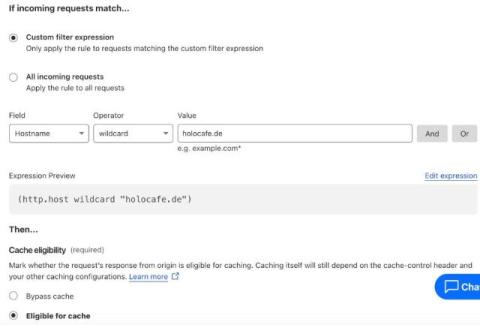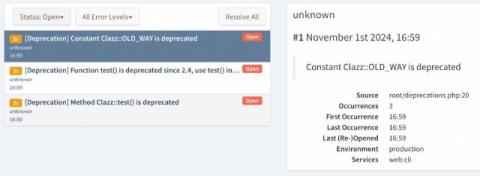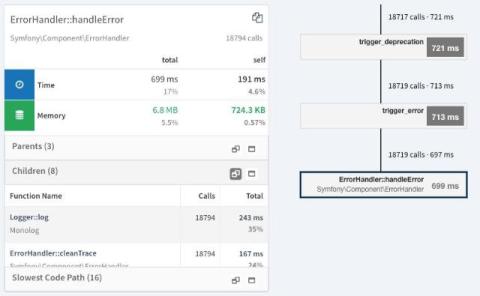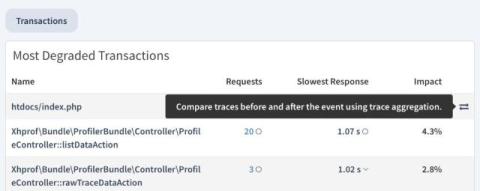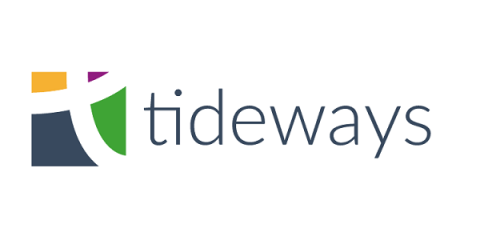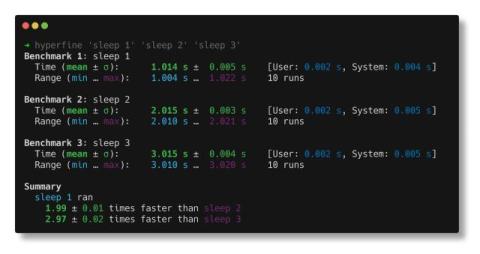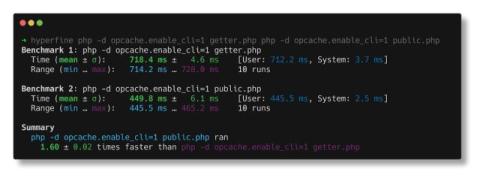Thank you for 2024
The year 2024 was special for us in several respects. It’s been a decade since the unveiling of Tideways’ predecessor, and we’ve come a long way since then. We would like to express gratitude to our customers, partners, colleagues, friends, and family for their ongoing support and dedication. Without you, we wouldn’t be where we are today. We are particularly pleased to be able to welcome many new partners this year.



